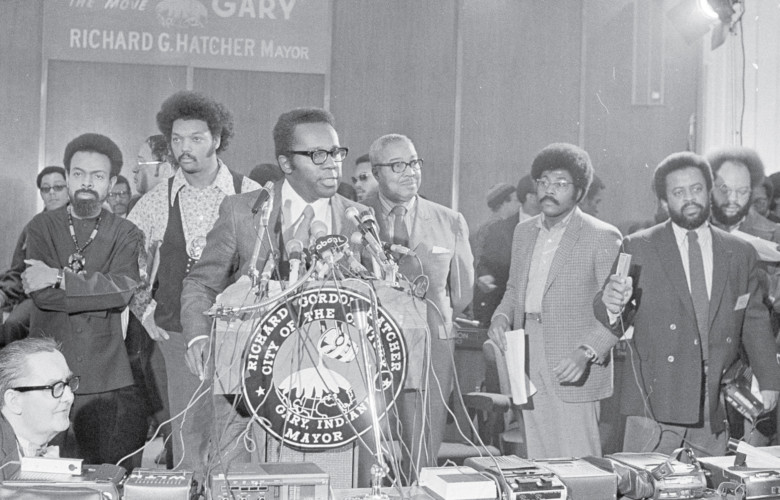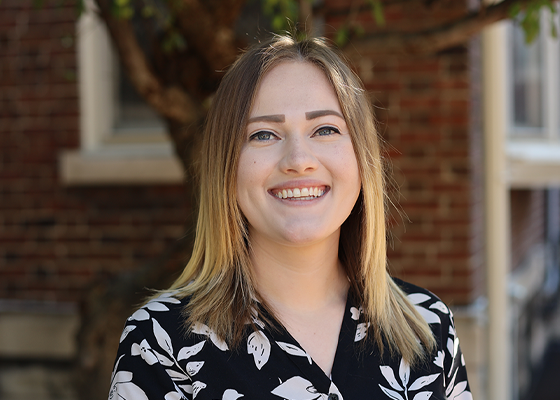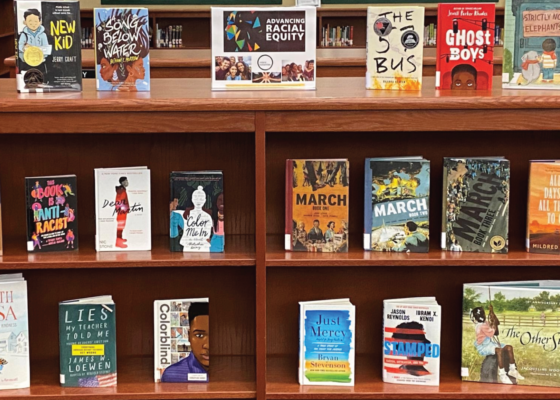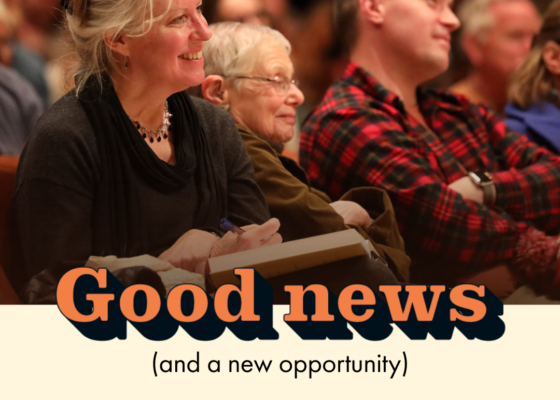Inaugural Wilma Gibbs Moore Fellows complete year of research
February 3, 2022Work focused on Black Hoosiers’ response to impact of racial injustice and structural racism In late 2020, Indiana Humanities introduced the Wilma Gibbs Moore Fellowship in an effort to learn…
Work focused on Black Hoosiers’ response to impact of racial injustice and structural racism
In late 2020, Indiana Humanities introduced the Wilma Gibbs Moore Fellowship in an effort to learn about, analyze and discuss race-related injustices and developments in the Hoosier State. The fellowship, named for a distinguished African American historian and librarian, provided $2,500 stipends to two independent scholars, a Ph.D. student and an interdisciplinary research team to support projects exploring Indiana’s Black history, including how Black Hoosiers have been impacted by and have responded to racial injustice and structural racism.
Indiana Humanities is offering the fellowship again this year, and we’ve doubled the stipend to $5,000. We’ve posted a call for proposals on our website and will accept applications through March 31.
Our inaugural fellows set the pace for the program, shining a light on a variety of under-researched and important topics. Here’s what they uncovered and shared:
- Jordan Ryan undertook the monumental task of examining the redlining practices of the Federal Housing Administration’s Home Owners’ Loan Corporation in Indianapolis, with a goal of understanding the methods, structures and results of the FHA’s discriminatory practices and the ways that those practices still affect the Black community. Ryan’s research supported their thesis — that the FHA did not evaluate neighborhoods based on the condition of the neighborhood’s buildings but rather on the race of the individuals living there. Ryan’s research has also provided the means to create an open-access repository for future scholars to examine the tangible effects of redlining for years to come.
- Jazma Sutton’s research focused on the lived experiences of both free and fugitive Black women who lived in agrarian communities in east central Indiana before the Civil War, specifically those who settled in the Greenville Black Settlement in Randolph County. When faced with the gaps and silences in archival records regarding the experiences of Black women in the 19th century, Sutton utilized “descendant archival practices,” speaking to descendants about the stories of their foremothers, lovingly passed down generation to generation. Since receiving the fellowship, Sutton has completed oral histories with descendants of the Black women she’s been studying, made progress on her dissertation, given multiple presentations and much more. In May she’ll receive her Ph.D. from Indiana University then join Miami University as an assistant professor of history.
- When Nicole Poletika began her research, she sought to examine and interrogate the ways that the 1972 National Black Convention in Gary, Indiana, may have increased the participation of Black citizens in local political and activist work. After continued research and collaboration with a fellow scholar on the subject, Poletika refocused her work, instead examining Muigwithania, a 1960s-era organization of Black young professionals and the ways that they contributed to the1972 convention. Her work will examine the groundwork laid by Muigwithania’s energetic members, highlighting the ways that a local group of focused individuals can effect change that ripples across communities and time.
- Nancy Marie Robertson, Joseph L. Tucker Edmonds and Kim Williams-Pulfer have utilized their fellowship funds to examine the ventures undertaken at the Phyllis Wheatley Young Women’s Christian Association of Indianapolis. They assert that this organization, crucial to the professional development and leadership skills of young Black girls and women in Indianapolis, was at the very heart of the civil rights movement in the city. The team’s work will illustrate and accentuate the oft-forgotten, but undeniably important, experiences of Black women and girls and their enormous contributions throughout the history of Indianapolis.
Interested in applying? View the call for proposals here.
Want to learn more about the fellowship? Check out the fellowship web page here.
Interested in a grant from Indiana Humanities? Learn more here.



